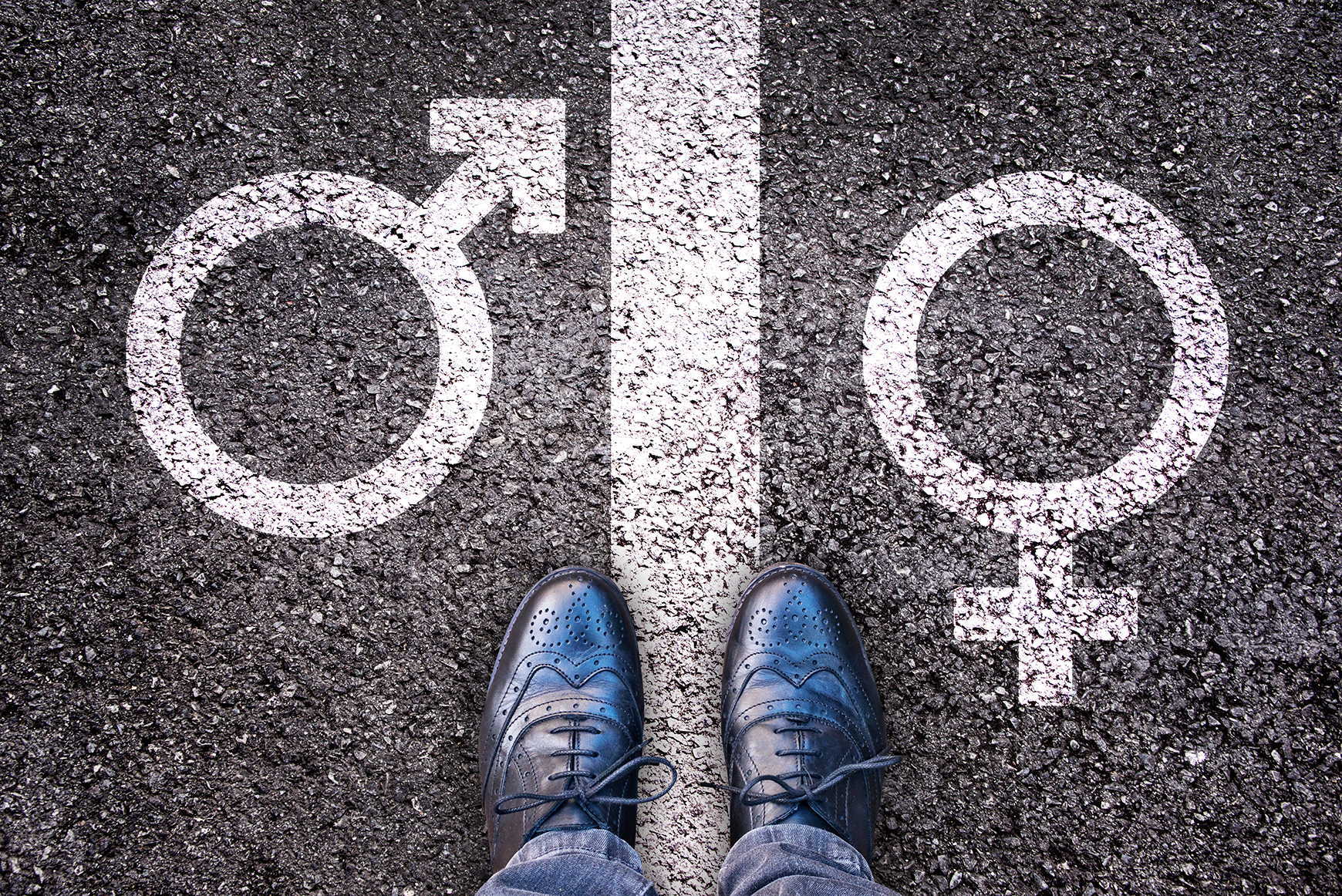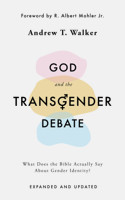
The transgender debate is becoming all-encompassing. Issues such as education, law, government, entertainment all fall in the crosshairs of the transgender debate, and our culture moves with such speed that working out how to respond seems overwhelming, if not impossible.
So here are five essential things for Christians to keep in mind as we think about and speak about transgenderism.
There’s an enormous difference between the political aspects of the culture war surrounding transgenderism and the reality that there are precious persons who have genuine struggles with gender dysphoria — a condition where a person senses that their gender identity (how they feel about being male or female) may not align with their biological sex and experiences emotional distress as a result.
While we resist the attempt being made at a cultural and legal level to view gender as a matter of choice, we must also recognize that caught up in all this are deeply hurting people. Those who experience gender dysphoria are not necessarily trying to win a culture war. They need to know that (even while we may not agree with them) Christians love them, are there for them, are ready to listen to them and seek to understand the pain they are facing, and deeply desire what is best for them. Compassion and dignity for dysphoric individuals is not in tension with disagreeing with transgenderism as a social movement.
"As we ground our convictions in God’s unchanging, perfect, Word, we must speak with compassion in our hearts."
The biggest claim of the transgender movement is that a man who thinks he’s a woman can really be a woman, and vice versa. You see this in many ways — from preferred pronouns, sex reassignment surgeries, and demands to use the restroom of perceived rather than given gender.
The problem is that this is a philosophical claim that is not true, and can never be true, in any way or form. A man’s chromosomes cannot be engineered into female chromosomes. Altering one’s appearance cosmetically or surgically cannot change the underlying reality of a person’s biological make-up. The psychology of the mind cannot override the facts of a person’s biological markers. The transgender revolution demands that we believe falsehoods about human nature. And truth and falsehood have never been a matter of majority vote, because we know that there is a Creator who has the authority to decide and state what is right and wrong.
A Christian worldview informed by the Bible can fully explain why people experience feelings of gender dysphoria. The Christian worldview is one that acknowledges that creation has been disrupted and is not the way it once was, nor how it will eventually be in the New Creation (Genesis 3; Romans 8; Revelation 21). No part of our existence in the universe has been left undisturbed by sin’s effects. This means that the brokenness of creation reaches into every corner of our lives — even our minds and hearts. To the same degree, every human is made in God’s image. To differing degrees and in differing ways, every human struggles with the brokenness of our own bodies, desires, and thoughts. And to the same degree, every human can find their true identity by recognizing that the God who made them has also saved for them and will one day restore them.
So in this created-but-broken world, we understand that not all identities or feelings are to be accepted or fostered, because we are all guided by a mixture of good and broken desires. The great Bible story of Creation, Fall, and Redemption tells us that we should not be shocked that people experience desires that will not in fact bring about the wholeness they are seeking; and equally that we can never be self-righteous about how others struggle or sin.

Helps Christians engage lovingly, thoughtfully and biblically with discussions on gender identity. Originally released in 2017, this version has been updated and expanded.
If being a man or woman is determined by someone’s mind or will, it means that there’s no such thing as true maleness or femaleness. Both become just a construct based on cultural stereotypes. We would be unable to tell a young boy that he’s really a boy. We would be unable to tell a young girl that her father’s unique responses to her as a father is anything objective or real.
Erasing the biological significance of our maleness and femaleness destroys the script that God knit into human existence for how the sexes interact with one another and how children know the difference between a mother and a father.
The transgender debate is ripe with controversy. Holding a biblical conviction in this debate means that individuals will find themselves in disagreements with friends, families, and co-workers—and that, however we express ourselves, we will be accused of being haters, bigots, and worse.
At a time like this, Christians need the courage to defend a true vision for human flourishing based on the biblical understanding of being made in His image. We must avoid trite explanations or knee-jerk reactions, but we must continue to say that, since God made us, he gets the ultimate say in who we are. We must put steel in our spines.
But all the conviction in the world won’t matter if we act or speak without compassion. Jesus did not aim to win debates. He sought to love people. So must we as his followers. As we ground our convictions in God’s unchanging, perfect, Word, we must speak with compassion in our hearts.
God and The Transgender Debate by Andrew Walker will help you think through these issues, and equip you to engage positively in the discussions around the transgender movement.